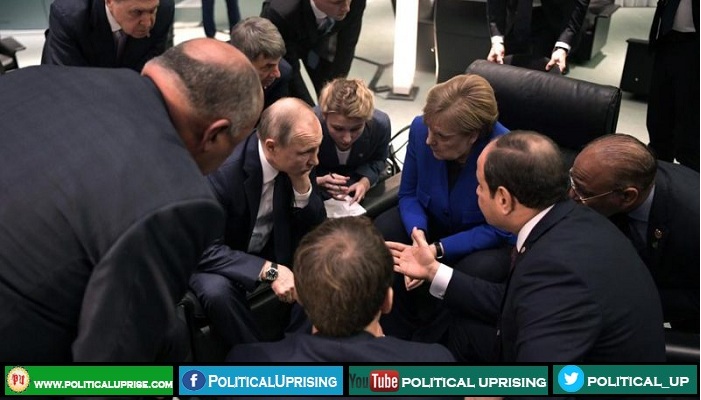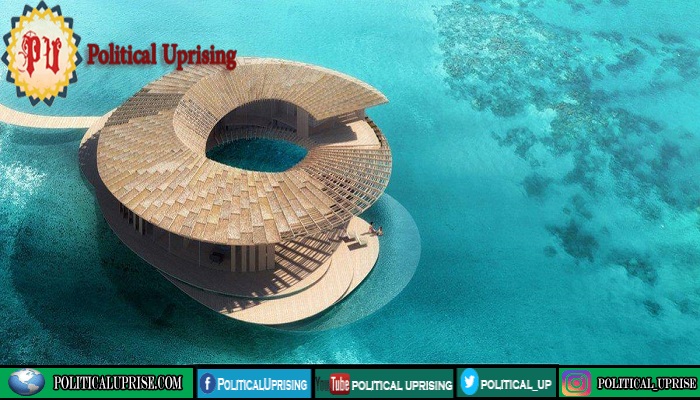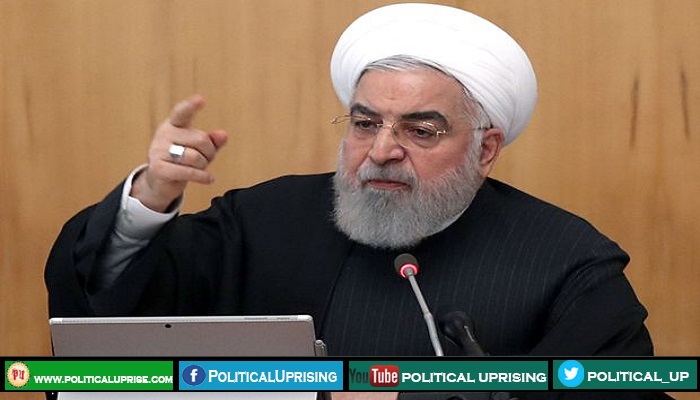EU Minister for Foreign Affairs Josep Borrell has said that European Union block must have to consider ways to back Libya truce.
European Union officials are meeting in Brussels to discuss options for supporting the ceasefire in Libya.
The European Union will discuss all ways to uphold a formal ceasefire in Libya, the bloc’s top diplomat has said, adding however that any any long-term peace deal will need real support from Europe to make it hold.
The comments by Josep Borrell came as European foreign ministers held discussions in Brussels on how to strengthen the shaky truce on Monday, a day after international leaders including some that have backed opposing sides in Libya’s conflict agreed at a summit in Berlin to uphold a UN arms embargo and end military support for the country’s warring factions.
Read More: Farmers protesters blocked Berlin roads
“A ceasefire requires someone to take care of it,” said Borrell, when asked if the EU would consider a military peacekeeping mission.
“You cannot say, ‘this is a ceasefire’ and forget about it Someone has to monitor it, to manage it.”
Libya has been torn by fighting between rival armed factions since a 2011 NATO-backed uprising overthrew and killed longtime-leader Muammar Gaddafi.
The deeply divided country currently has two rival administrations: The UN-recognised Government of National Accord (GNA) in Tripoli and another allied with renegade military commander Khalifa Haftar in the eastern city of Tobruk.
In April, Haftar’s forces launched an offensive to seize Tripoli, with clashes so far killing more than 280 civilians and 2,000 fighters and displacing tens of thousands.
Read More: Khalifa Haftar holds meetings in Athens before Berlin peace summit
On January 12, a fragile ceasefire backed by both Turkey and Russia was put into place.
Asked if the EU’s naval mission off the Libyan coast could be restarted, Borrell said “I think we have to revive it, yes.”
The EU ceased maritime patrols under Operation Sophia at the end of March last year, after Italy where anti-migrant sentiment had been rising said it would no longer receive those rescued at sea.
EU governments wanted the mission to continue because they felt it had been effective in dissuading human traffickers and upholding the UN arms embargo on Libya, meaning Rome’s position remains central to putting boats back on the water.
Italy’s far-right League party, whose leader Matteo Salvini held the influential position of interior minister and pushed for anti-immigrant reforms, collapsed the country’s ruling coalition last year in a bid to force snap elections and take power.
Instead, the populist Five Star Movement joined forces with the centre-left Democratic Party to form a new government.
Luciana Lamorgese, a career civil servant and international migration specialist known for promoting integration events, succeeded Salvini.
The EU’s Foreign Affairs Council will on Monday also discuss the situations in Bolivia, India and Venezuela as well as the deteriorating security and humanitarian situation in the Sahel region, a strategic priority for the EU and its member states.
Ministers are also talking about ways to step up climate diplomacy and enhance outreach activities towards third countries.
Read More: Ukraine launches probe into alleged spying on ex-US ambassador
The Middle East peace process will be the subject of discussion over an informal lunch, according to an indicative agenda published by the EU.
EU block must consider ways to back Libya truce.



